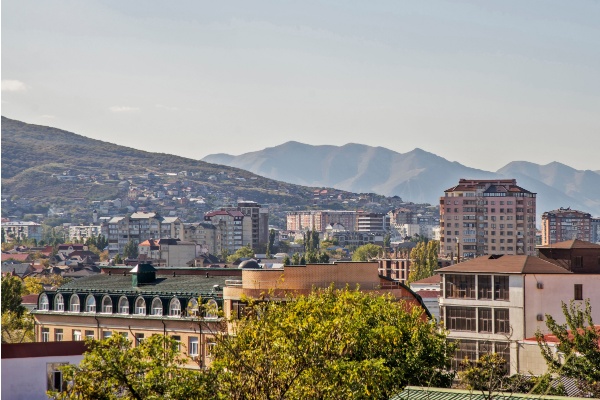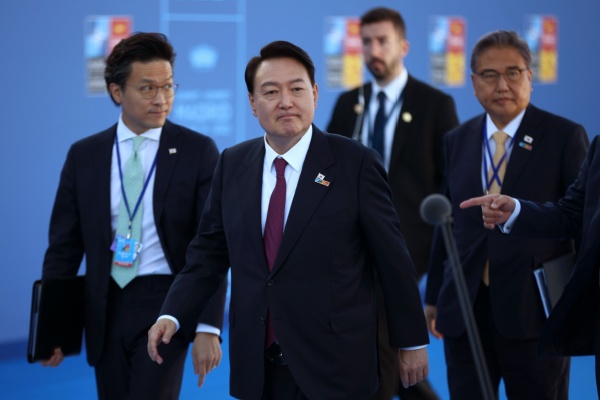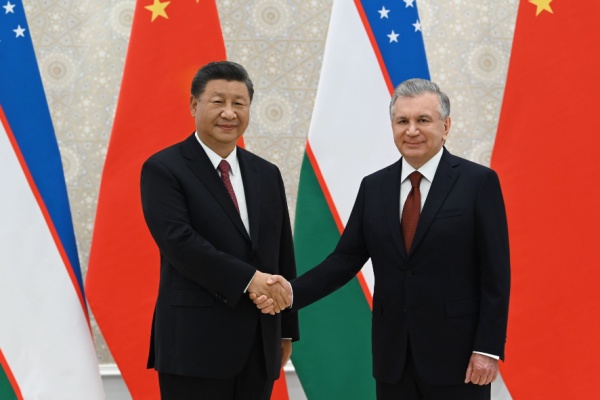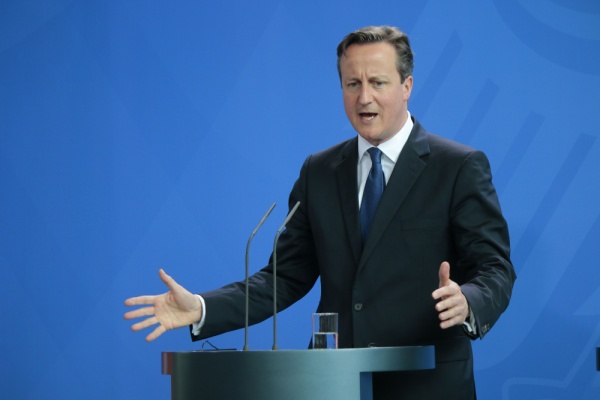By Emil A. Souleimanov and Huseyn Aliyev
July 3, 2024
On June 23, a series of coordinated attacks were carried out in Dagestan’s two largest cities Makhachkala and Derbent, targeting Orthodox churches, synagogues, and a traffic police post. The attacks left 26 people dead (including five attackers) and dozens injured. This attack signaled the apparent revival of the jihadist scene in Russia’s largest and demographically most populous North Caucasus republic, fuelled in part by increasing antisemitic tension and militarism due to the ongoing war in the Gaza Strip and Russia’s invasion of Ukraine. This new upsurge of violence can also be attributed to the worsening socio-economic conditions in the republic, the over-engagement of the law enforcement and security services with the war in Ukraine, and the accumulation of general discontent among Dagestani youth with limited channels for peaceful expression.

By Mehmet Fatih Oztarsu
July 3, 2024
President Yoon Suk Yeol of the Republic of Korea recently visited the Central Asian republics of Turkmenistan, Kazakhstan, and Uzbekistan. Prior to his tour, he introduced the “K-Silk Road” initiative, highlighting his role in guiding Korea’s future interactions with the region. While this initiative builds upon Korea’s longstanding policies, it signifies a desire to forge a new chapter in Central Asian relations. Despite its shortcomings and some neglected areas, this initiative is a significant step forward in the context of regional relations.

By Vali Kaleji
June 20, 2024
Contrary to the economic, financial, and commercial domains where China has supplanted Russia in the five Central Asian states, Beijing is reluctant to assume a similar role in defense and security. China’s strategy, characterized by “free riding” at the expense of Russia and the Collective Security Treaty Organization (CSTO), has significantly influenced the Shanghai Cooperation Organisation’s (SCO) passive and conservative stance. Indeed, this aspect of China’s “soft power” has been instrumental in mitigating the escalation of anti-Chinese sentiments and “Sinophobia” within the region. By adopting a free riding approach and refraining from direct intervention in Central Asia’s security arrangements, China has been able to concentrate on economic, trade, and transit relations, particularly the Belt and Road Initiative. This strategy has facilitated China’s ability to address competition and strategic threats in other regions, notably Asia-Pacific and the Indian subcontinent.

By Mehmet Fatih Oztarsu
May 29, 2024
The UK has embarked on a quest to establish a new political framework aimed at enhancing its relations with Central Asia and countering regional rivals. In response to the Russia-Ukraine War and China’s expanding influence in the region, the UK has initiated a high-level strategy to redefine its approach to Central Asia. Nevertheless, there are concerns about the scale and scope of this effort. Even UK authorities are uncertain whether the current regional policies have the capacity to meet these new challenges.

